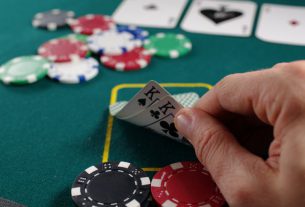Let’s review: Diplomacy is a numbers game where greater numbers win, and it is a game of cooperation where it is common to see an alliance of two powers form against one. So, what do you do if you find yourself the one against two in the opening, the odd power out?
In most cases, you have only one principle tool: diplomacy. An OPO must try to split up the attacking alliance or else get help from other powers on the board.
There are many techniques to try to split an alliance, just remember, you are usually going to be negotiating from a position of weakness if you are the OPO. Still, you can:
* offer to be the junior partner in an alliance with one or even both of the attackers;
* offer to support one attacker into the SCs of the other;
* threaten to give your SCs to one and not the other attacker;
* point out that after you are gone, the other guy is next.
As for getting an ally from somewhere else, that last argument – they will be next – is applicable. A similar but more sophisticated argument relies on the concept of balance of power. If one alliance starts to get a big, early lead compared to the others, they can sweep the board. For that reason, powers that are far from a conflict might be convinced to take an interest and help the underdog.
All these generic diplomatic approaches aren’t necessarily appropriate in every situation, and with creativity others can work too. You need to read the board and the players and figure out what is most likely to have an impact.
The nature of the Diplomacy board is such that one can often hold off two attackers for at least a while (though some powers are more defensible than others). Buying time with strong defensive tactics is often the difference between survival and elimination.
Still, eventually greater numbers will prevail so an outnumbered power has to work their diplomacy and not stop. Even if someone ignores you now, keep refining and making your case. As the board evolves, so might the other players’ decisions. Those who persevere in Diplomacy do the best.
